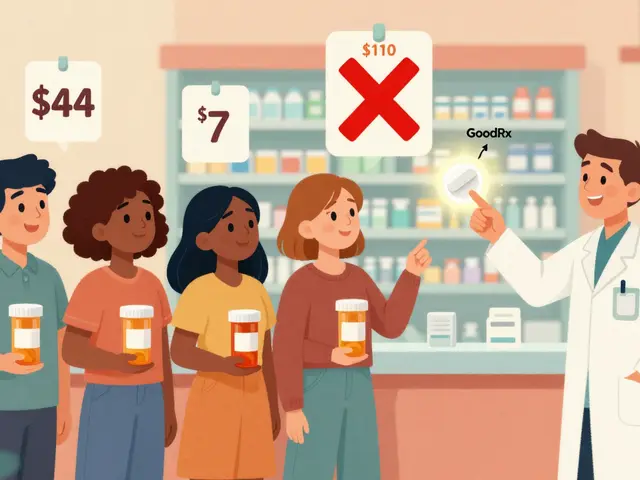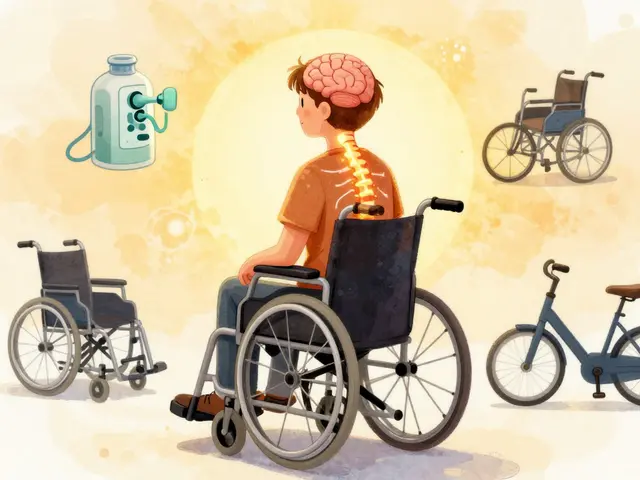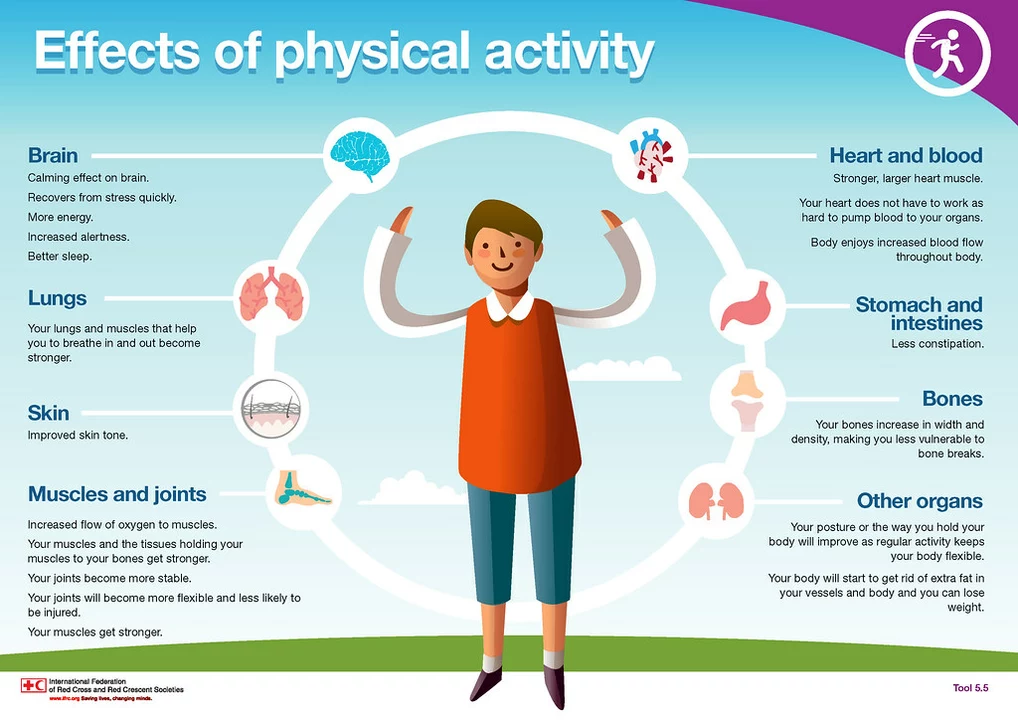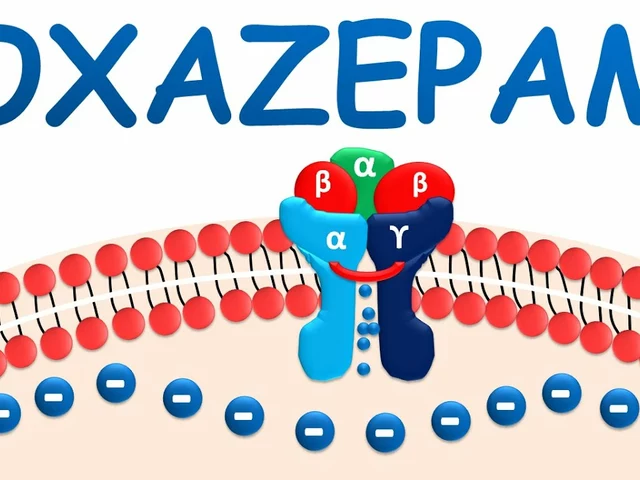Constipation: Fast Relief, Simple Prevention, and When to Seek Help
Constipation is one of those problems that’s annoying and avoidable — most folks deal with it at some point. You want relief now, not a lecture, so here are clear steps that work, what to try first, and when a doctor should step in.
First, ask what caused it. Common culprits are low fluid intake, not enough fiber, lack of movement, new medications (like opioids, some antacids, iron supplements), travel, or ignoring the urge to go. Older adults and people with certain health conditions also run into it more often.
Quick fixes you can try today
Drink water — a lot more than you think. Aim for steady sips throughout the day. Move: a 20–30 minute walk often triggers a bowel movement. Try a morning routine of warm water and a light snack to wake up your gut. If those don’t help, consider an over‑the‑counter option: polyethylene glycol (PEG/Miralax) is gentle and works in 1–3 days for many people. For faster results, stimulant laxatives like senna or bisacodyl work within hours but don’t use them every day without advice. Stool softeners (docusate) help if stools are hard but may be slow to act.
Diet and daily habits that prevent constipation
Fiber matters, but the type matters too. Soluble fiber (oats, apples, psyllium) forms a gel and helps stool move; insoluble fiber (whole grains, bran) adds bulk. Start slowly — ramp fiber up over a week to avoid gas. Consistent meals and a bathroom routine help train your bowels. Probiotics may help some people, especially strains like Bifidobacterium or Lactobacillus, though results vary. Cut down on constipating foods if you notice a pattern: too much cheese, processed foods, and excess meat can slow things down.
Travel and work life can wreck your routine. Pack fiber bars, keep a water bottle, and try a short walk after meals. If you’re on opioid pain meds, ask your provider for a preventive plan — opioid‑induced constipation is common and often needs prescription treatment.
When to see a doctor? Go now if you have severe belly pain, vomiting, fever, blood in stool, sudden weight loss, or if constipation lasts more than two weeks despite OTC measures. Also get checked if you’re over 50 with new symptoms. Your doctor may order tests or suggest prescription options like linaclotide, lubiprostone, plecanatide, or prucalopride for chronic cases.
Bottom line: try hydration, movement, and fiber first; use PEG for gentle relief; reserve stimulants for short‑term use. If simple steps fail or you have red‑flag symptoms, see a clinician — constipation is common but treatable, and you shouldn’t have to live with it.
9
Exercise and Constipation: How Physical Activity Can Improve Your Gut Health
As a blogger who values gut health, I've discovered that exercise plays a significant role in preventing constipation and improving overall digestion. Regular physical activity helps stimulate our intestinal muscles, making it easier for waste to pass through our system. Not only does this reduce the risk of constipation, but it can also alleviate symptoms for those who already suffer from it. Incorporating a variety of exercises, such as walking, jogging, or yoga, can greatly benefit our gut health. So, let's make a conscious effort to stay active and keep our digestive systems running smoothly!
Latest Posts
Popular Posts
-
 Magnesium Supplements and Osteoporosis Medications: What You Need to Know About Timing
Magnesium Supplements and Osteoporosis Medications: What You Need to Know About Timing
-
 Accidental Pediatric Medication Overdose: How to Prevent It and What to Do If It Happens
Accidental Pediatric Medication Overdose: How to Prevent It and What to Do If It Happens
-
 Meniere’s Diet: How Sodium Restriction and Fluid Balance Reduce Vertigo and Hearing Loss
Meniere’s Diet: How Sodium Restriction and Fluid Balance Reduce Vertigo and Hearing Loss
-
 Out-of-Pocket Costs: How Generics Cut Your Drug Bills - and When They Still Hurt
Out-of-Pocket Costs: How Generics Cut Your Drug Bills - and When They Still Hurt
-
 Spinal Cord Injury: Understanding Function Loss, Rehabilitation, and Assistive Devices
Spinal Cord Injury: Understanding Function Loss, Rehabilitation, and Assistive Devices



